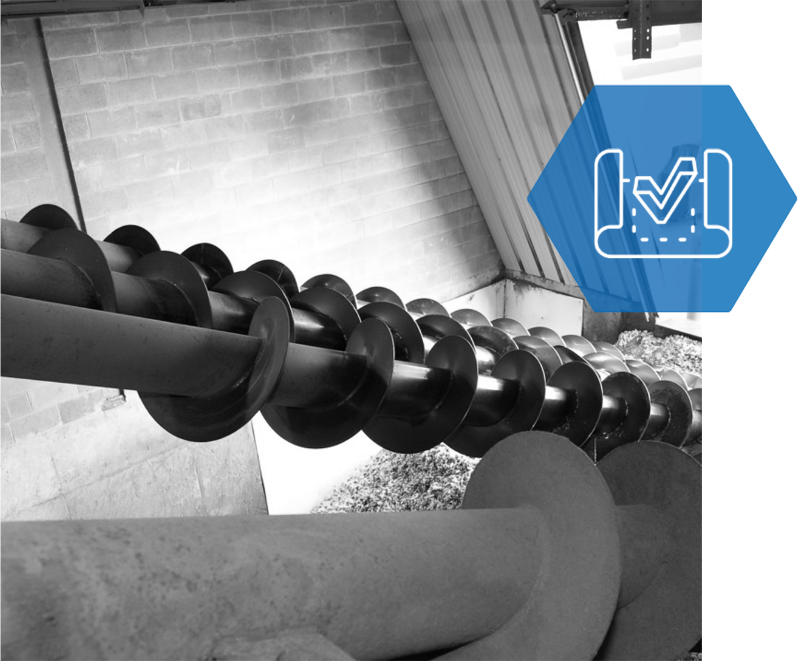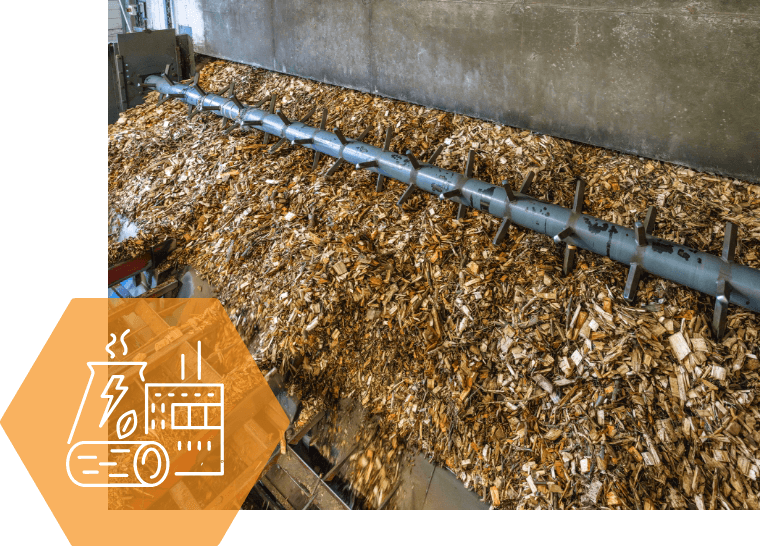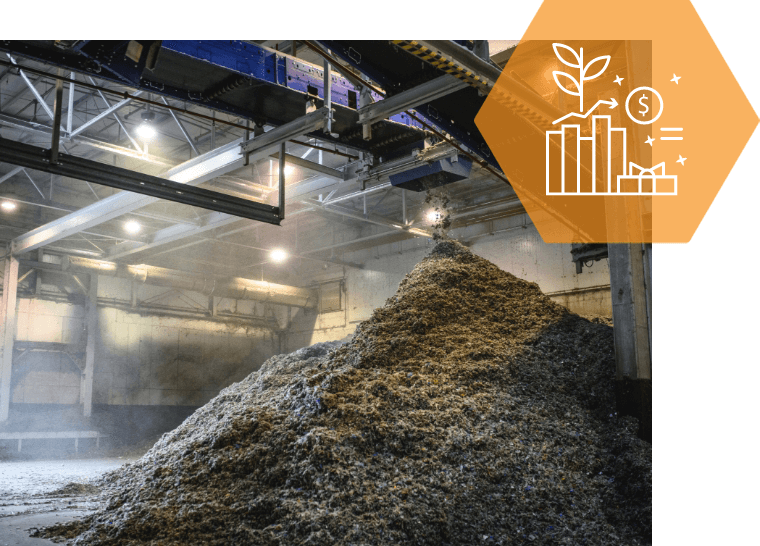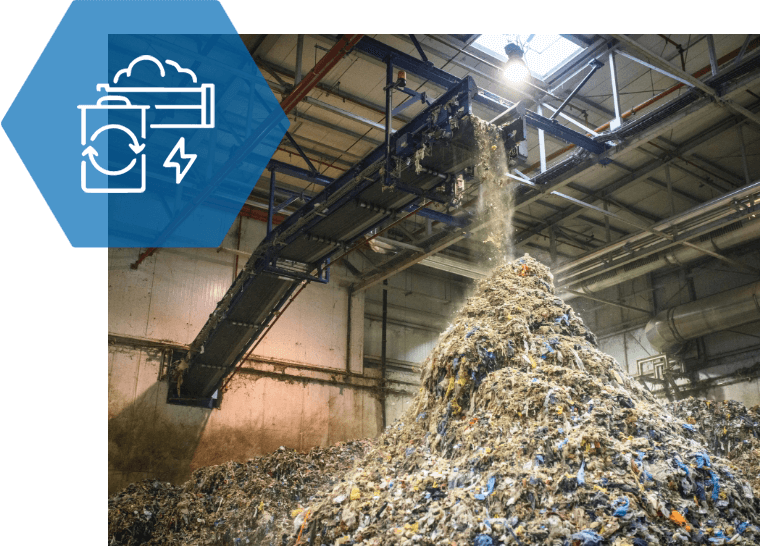Case Studies
From Tree Waste to Energy
Enwave’s advanced energy-from-waste district heating system in Charlottetown, Prince Edward Island greatly diverts the volume of black cart waste sent to landfill by using it to produce heat and power – reducing landfill methane emissions and greenhouse gas emissions that would otherwise result from the use of fuel oil for heat and power production.


Opportunity
Reliable energy from wood waste
In partnership with the Government of PEI and with support from the Canada Infrastructure Bank, Enwave broke ground in 2025 on an expansion – anticipated to be fully operational in 2028 – that that will enable the facility to process 90% of the province’s black cart residential waste. This innovative district energy solution is a key part of PEI’s energy plan. Enwave’s Charlottetown system converts waste materials into usable energy, reducing the province’s reliance on imported fuel oil for heat and power production and repurposing local waste.
Enwave in PEI
Solution
Biomass reduces dependence on fossil fuels
Working together with regional governments and other contractors, Enwave buys municipal solid waste (garbage) and biomass (tree stock, sawdust or scrap lumber) to be used as sources of fuel. The materials are then converted and delivered as reliable thermal energy to residential, commercial and institutional customers. On an island, where space is finite, reducing waste that would otherwise go to landfill is an important benefit. As the system can easily switch between fuel sources as needed, it also boosts the PEI’s resiliency.

Results
Reliability benefits for customers with investment in an expanded system
For customers, district energy can improve reliability and keep costs stable. As customers connect directly to Enwave’s plant, they can avoid capital investments and the responsibility of maintaining their own equipment, which can substantially reduce operating expenses.

Converts biomass and solid waste into energy
Repurpose waste as a local energy resource and reduce expenditures on imported fuel oil
Expanded facility to reduce regional black cart waste sent to landfill by approx. 90%

“Waste to energy technology helps us minimize energy costs for key provincial buildings, while extending the life of our existing landfill.” PEI Environment, Energy & Climate Action Minister Gilles Arsenault, Sept. 2025"
Start the Conversation
You have the power to make a difference. We'll help you harness it. Let's talk.
contact us

